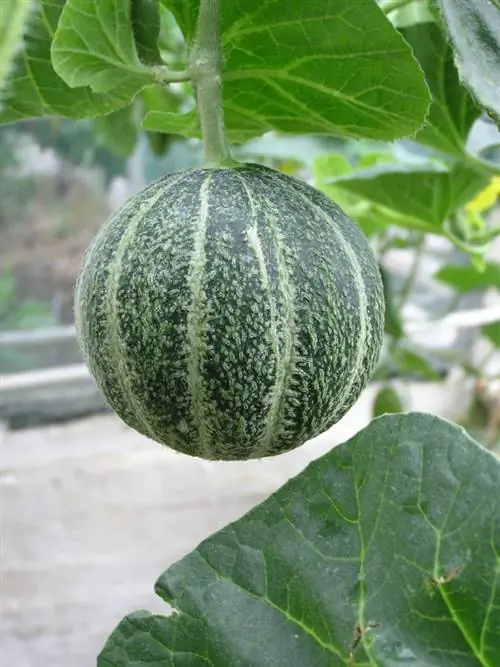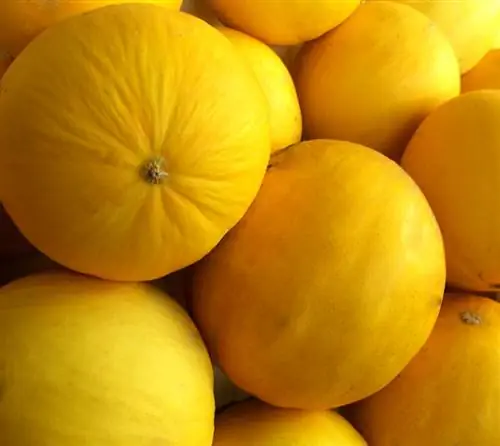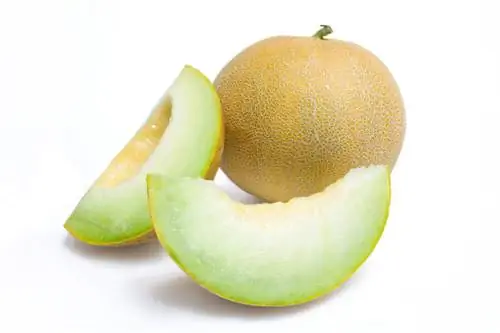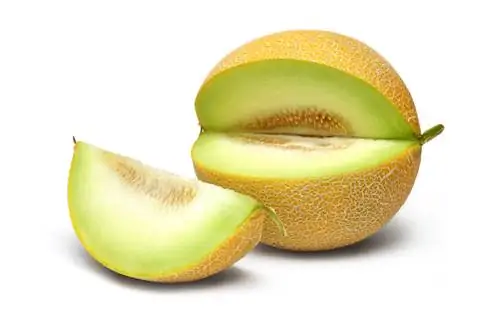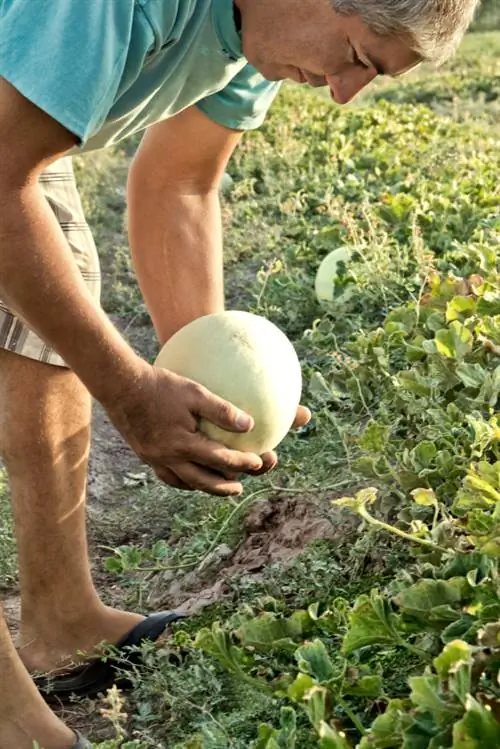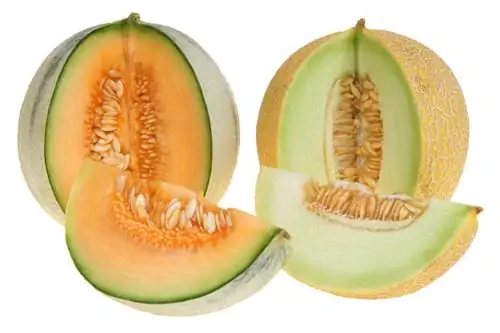- Author admin [email protected].
- Public 2023-12-16 16:46.
- Last modified 2025-01-23 11:20.
Ripe watermelons and other types of melons such as honeydew melons taste sweet, but the question is sometimes asked as to whether they are fruits or vegetables.
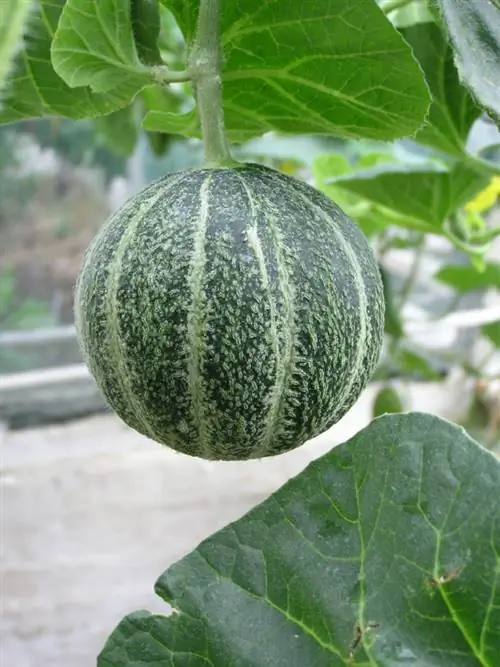
The distinction between fruits and vegetables
The botanical affiliation to the genus Cucurbitaceae and thus a close relationship to pumpkins and cucumbers is often cited as an argument for classification within the vegetable category. The classification as a fruit is therefore based more on a culinary association with the supposedly sweet fruit. Strictly scientifically, there is actually no such separation between fruit and vegetables based on taste. After all, there are also some types of fruit that don't necessarily taste sweet:
- Quinces
- Rosehips
- Avocados
Rhubarb, on the other hand, is usually perceived as a vegetable, although it is usually made into desserts. The taste alone does not answer the question of whether it belongs to fruit or vegetables.
A question of the age of plants
In fact, the assignment to fruit or vegetables is based on the age of the respective plants. Fruit are perennial plants, some of which can reach a very old age as bushes or trees. That is why, strictly speaking, the fruits of the olive tree are also considered fruit. A vegetable, on the other hand, is defined as anything that dies with its remaining plant parts after harvest, or, like asparagus, has a maximum cultivation period of two years. When using melon as a vegetable, all parts of the plant die until new plants grow from the seeds the next season.
Pick watermelon as a spicy vegetable side dish
Watermelon, which actually tastes sweet, is also eaten as a spicy vegetable side dish in some countries. To do this, the fruit is cut into pieces and soaked in a vinegar solution, this is also a good procedure for long-term storage of the watermelon.
Tips & Tricks
Due to the shorter growing season and the cooler temperatures, melons in this country have to be grown early or grown in a greenhouse if the fruit is to be ready for harvest.

